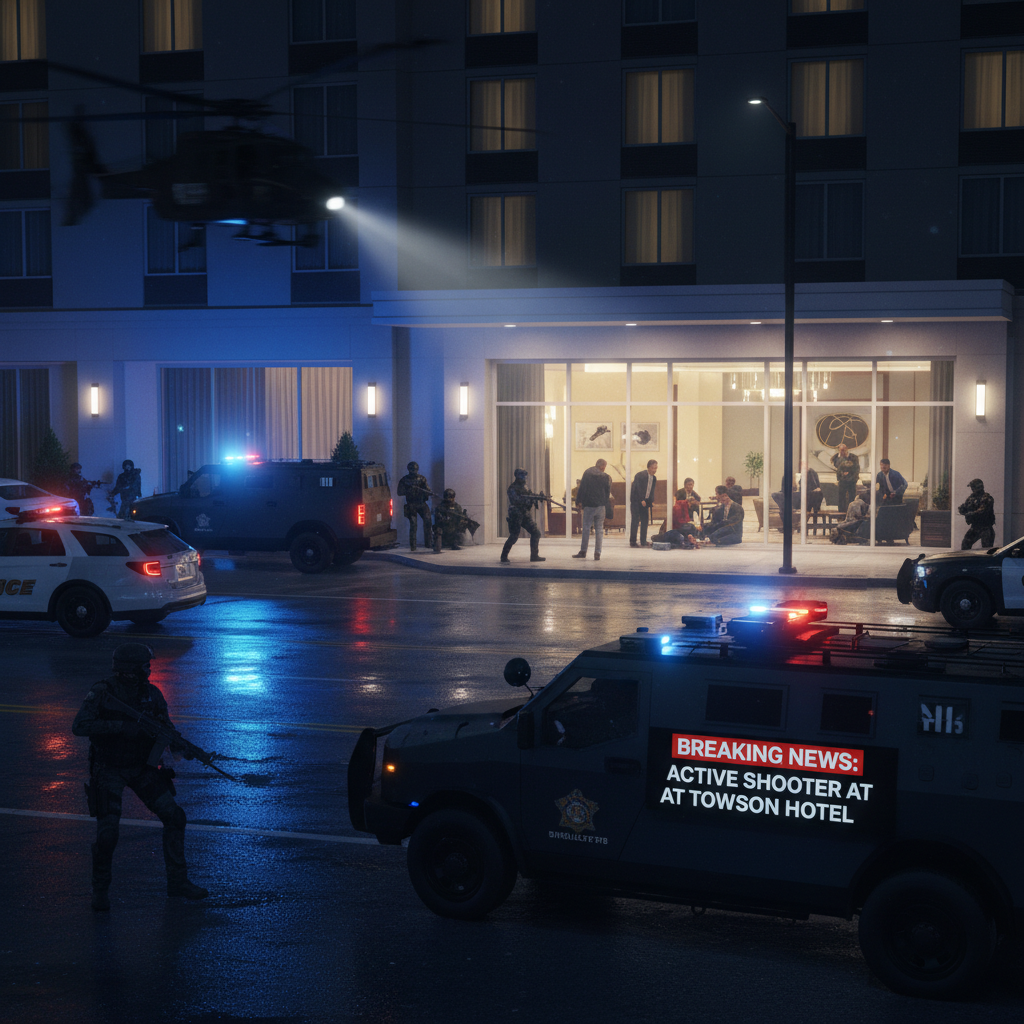Hotel Security Incident in Towson: Lessons for U.S. Hotel Managers
A recent incident at the Comfort Inn in Towson, Maryland, involving a barricaded individual, serves as a stark reminder of the critical importance of robust security protocols within the hospitality industry. While the situation was ultimately resolved peacefully, it highlights potential vulnerabilities and offers valuable lessons for U.S. hotel managers.
Understanding the Threat Landscape
The safety and security of guests and employees should always be the top priority. Hotel managers must recognize the evolving threat landscape, which includes not only potential criminal activity but also situations involving individuals experiencing mental health crises or exhibiting erratic behavior. A comprehensive security plan must address a wide range of potential scenarios.
Enhancing Security Protocols
Several key areas deserve immediate attention:
- Staff Training: Equip your staff with the knowledge and skills to identify and respond to suspicious behavior, de-escalate potentially volatile situations, and follow emergency protocols. Regular training sessions, including active shooter drills and crisis communication exercises, are crucial.
- Access Control: Implement robust access control measures, including key card systems for guest rooms and restricted access to sensitive areas like storage rooms and back-of-house spaces. Regularly review and update access codes.
- Surveillance Systems: Invest in and maintain a comprehensive surveillance system with strategically placed cameras throughout the property, including lobbies, hallways, parking areas, and entrances. Ensure cameras are functioning properly and that recordings are regularly reviewed.
- Emergency Response Plan: Develop and regularly update a detailed emergency response plan that outlines procedures for various scenarios, including barricade situations, active shooter events, and medical emergencies. Clearly define roles and responsibilities for staff members.
- Communication Systems: Establish reliable communication channels for staff members to report suspicious activity or emergencies. Consider implementing a two-way radio system or a mobile app for instant communication.
- Liaison with Local Law Enforcement: Build strong relationships with local law enforcement agencies. Establish clear lines of communication and collaborate on security assessments and emergency planning.
Guest Communication and Support
In the event of a security incident, clear and timely communication with guests is paramount. Provide accurate information, address their concerns, and offer support services, such as counseling or alternative lodging arrangements if necessary. Transparency and empathy can help mitigate anxiety and maintain guest trust.
Post-Incident Review and Improvement
After any security incident, conduct a thorough review of the response and identify areas for improvement. Update security protocols, refine training programs, and enhance communication strategies based on the lessons learned. Regularly evaluate and adapt your security measures to stay ahead of evolving threats.
By proactively addressing potential security vulnerabilities and implementing robust security measures, U.S. hotel managers can create a safer and more secure environment for guests and employees alike.
Source: cbsnews.com




